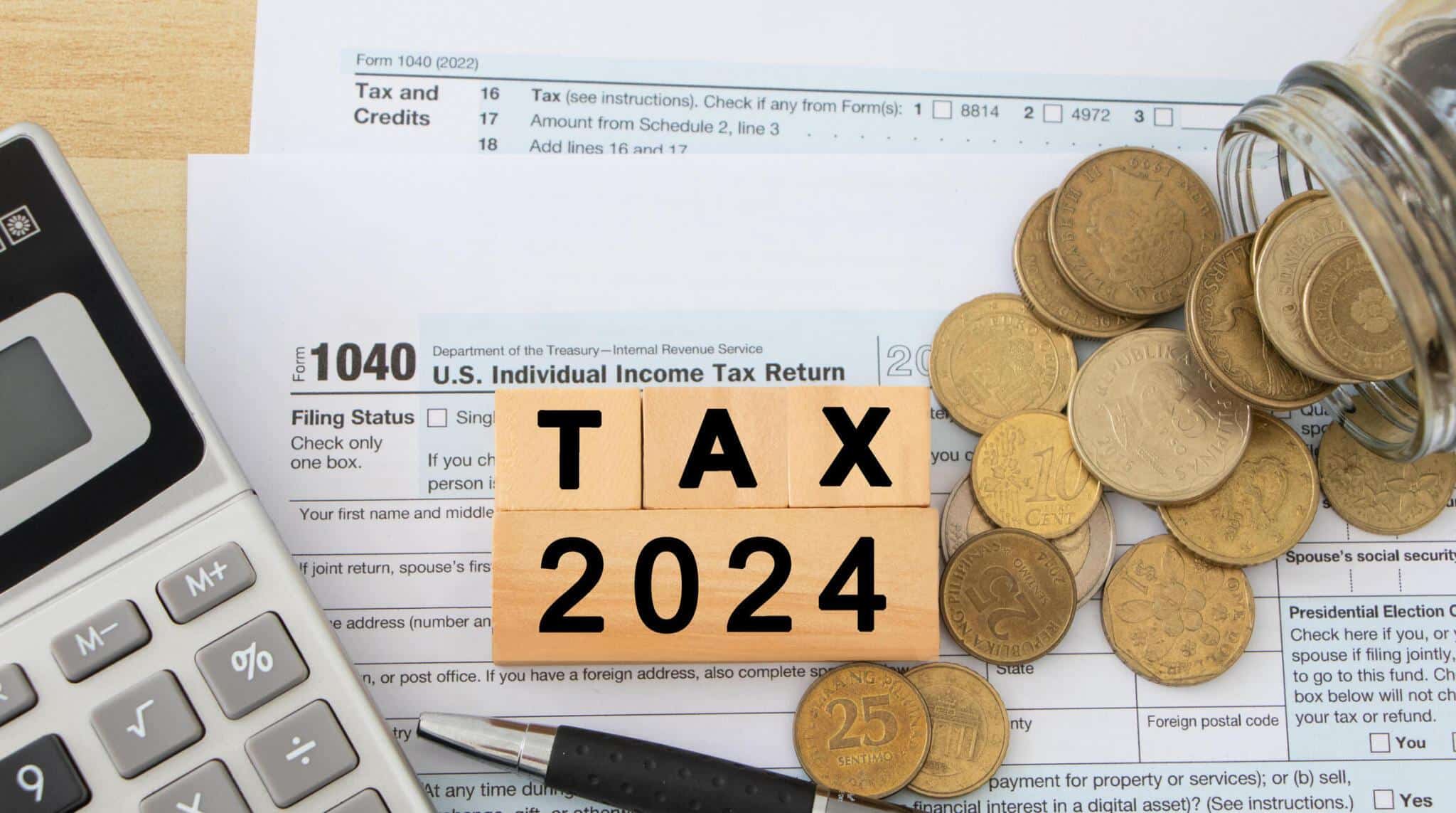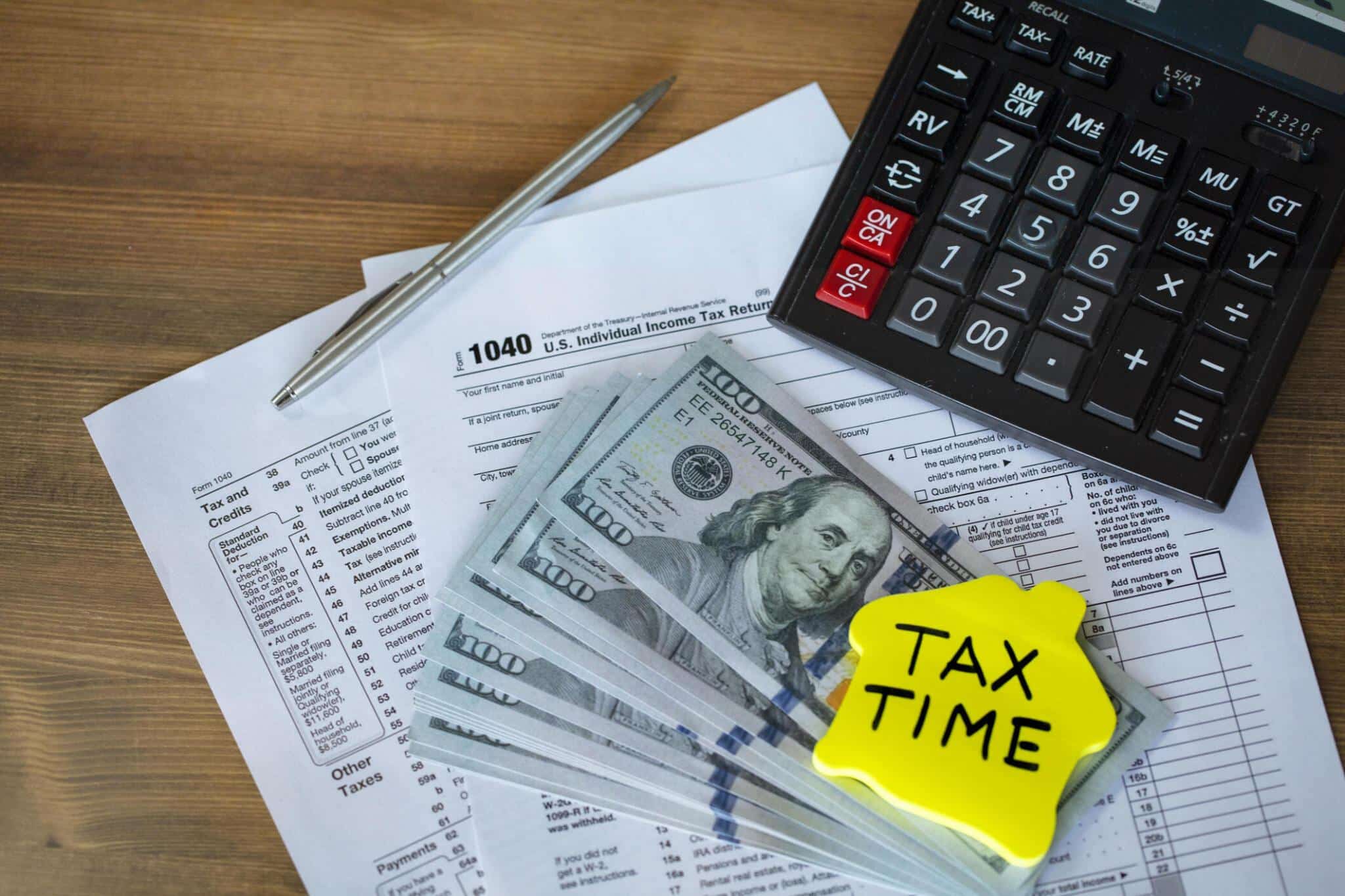With the price of fuel rising ever higher, many people are looking for ways to save on vehicle costs.
One option is to go electric instead of petrol-powered. This certainly saves on fuel, although you will pay a higher cost for the car itself. Then there is the subject of electric car tax deductions and whether you can reduce the tax your business pays by buying electric vehicles.
Rules and incentives relating to low-emissions vehicles are changing quite frequently so speak to your tax accountant to get the most up to date advice. In the meantime, here are some questions and answers related to tax on electric cars and whether or not electric cars are tax deductible.
Are electric cars tax deductible?
When it comes to electric cars, it’s not so much about being tax deductible but about there being lower taxes payable on lower emissions vehicles.
As shared recently by The Conversation, the Albanese government introduced tax cuts to electric vehicles in its first sitting week. The goal of this was to support motorists, minimise the environmental impact of transport and help businesses make fleet purchases.
The bill introduced to Parliament says that:
The Government plans to remove fringe benefits tax (FBT), to make electric cars cheaper so that more families who want them can afford them. The legislation will amend the Fringe Benefits Tax Assessment Act 1986 to exempt the use of eligible electric cars made available by employers to employees from FBT.
What is Fringe Benefit Tax?
As shared by business.gov.au, Fringe Benefit Tax is a tax that employers pay on benefits paid to an employee (or their associate, such as a family member) in addition to their salary or wages.
FBT is calculated on the taxable value of the benefits you provide. It is separate from income tax.
So when it comes to electric cars, employers will not have to pay fringe benefit tax on an EV supplied to an employee in the same way it would with a fuel-powered vehicle.
Which cars are eligible for Fringe Benefit Tax exemptions?
The Government’s FBT exemption will apply to battery electric cars, hydrogen fuel cell electric cars and plug‑in hybrid electric cars. It will be available for eligible electric cars with a first retail price below the luxury car tax threshold for fuel-efficient cars ($84,916 for 2022‑23) first made available for use on or after 1 July 2022.
As the Government shared, “If a model valued at about $50,000 is provided by an employer through this arrangement, our fringe benefits tax exemption would save the employer up to $9000 a year.
For individuals using a salary sacrifice arrangement to pay for the same model, their savings would be up to $4700 a year.”
This measure aims to reduce the up‑front and ownership cost of electric vehicles, addressing a significant barrier to their uptake.
Should you buy an electric vehicle for your business?
It comes down to acquisition costs vs running prices.
The Government’s FBT incentive helps to reduce the cost of owning and operating a low-emissions vehicle. However, it doesn’t take the edge off the purchase price.
Right now, electric vehicles can cost up to twice as much as a standard car. If your business is willing to make the investment, you need to do your sums to figure out how long it will take before reduced fuel and FBT costs start to pay off. The vehicle’s loss of value over time should be factored into your equations.
The other things to consider before adding EVs to your fleet are:
– Where will your employee/s be able to charge the car/s (will you have to pay to install an EV charger at your workplace)
– Insurance costs
– Parking the vehicle safely
– If the fleet will form part of your strategy in terms of branding and customer perception
– If you/your employee can afford the repayments
While the FBT reduction on EVs is positive because it does allow for savings, a recent report from the Reliable, Affordable, Clean Energy for 2030 Cooperative Research Centre recommended more steps be taken, including the following:
– Instant asset write-off to only apply to employer-provided fleet electric vehicles, up to the luxury car limit of A$84,916 (including GST in 2022/23). This would allow the Kona electric vehicle purchase cost of $64,037 to be claimed as an outright tax deduction by a business in its first year of ownership;
– Increase the GST credit and depreciation cost limit for fleet electric vehicles, up to the luxury car limit;
– A fringe benefit tax exemption for home charging installation and smart charges for fleet electric vehicles; and
– Instant asset write-off for home charging installation and smart charges for fleet electric vehicles
Time will tell as to whether changes like these will be implemented to further encourage the uptake of electric vehicles.
In terms of whether your business should invest in electric vehicles, it’s up to you. Costs will be reduced slightly due to FBT changes but there is at present no tax break for the purchase itself.
Want to know more about tax deductions for your business? Speak to Mobbs & Co today.










